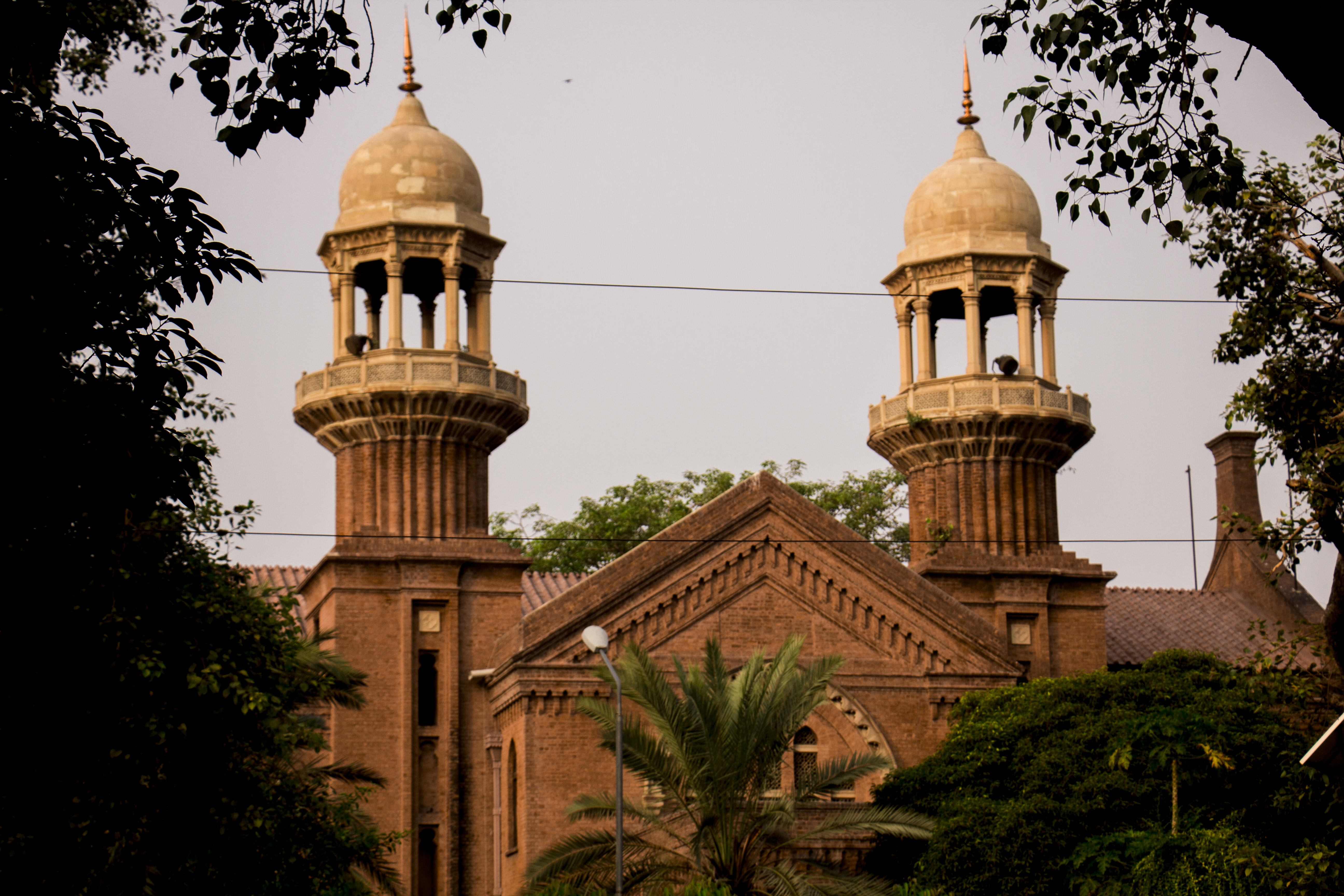Ali Zia Bajwa on:
[Wikipedia]
[Google]
[Amazon]
 Ali Zia Bajwa (, born 1 July 1973), serves as a Pakistani
Ali Zia Bajwa (, born 1 July 1973), serves as a Pakistani
 Ali Zia Bajwa (, born 1 July 1973), serves as a Pakistani
Ali Zia Bajwa (, born 1 July 1973), serves as a Pakistani jurist
A jurist is a person with expert knowledge of law; someone who analyzes and comments on law. This person is usually a specialist legal scholar, mostly (but not always) with a formal education in law (a law degree) and often a Lawyer, legal prac ...
and has held the position of Justice at the Lahore High Court
The Lahore High Court () is a provincial court house based in Lahore, Punjab, Pakistan. It was established as a high court on 21 March 1882. The Lahore High Court has jurisdiction over the province of Punjab. The High Court's principal seat is ...
since 7 May 2021.
Career
Bajwa assumed the role of additional justice at Lahore High Court (LHC) on 7 May 2021. The confirmation of his appointment as a permanent judge of LHC came from theJudicial Commission of Pakistan
The Judicial Commission of Pakistan (abbr. JCP) is a national commission for appointment of the superior judiciary, consisting of the Supreme Court, the Federal Shariat Court and the High Courts, of Pakistan. The Chief Justice of Pakistan is t ...
, headed by then Chief Justice of Pakistan
The chief justice of Pakistan ( initials as CJP; , ''Munsif-e-ńÄzam PńĀkistńĀn'') is the chief judge of the Supreme Court of Pakistan and is the highest-ranking officer of the Pakistani judiciary.
The Federal Court of Pakistan was establis ...
Umar Ata Bandial
Umar Ata Bandial (, äm…ôr …ôtaňź b…ôndŐ™jaňźl born 17 September 1958) is a Pakistani jurist who served as the 28th Chief Justice of Pakistan from February 2022 to September 2023. He was appointed as the Chief Justice after the approval by Pr ...
, on 13 October 2022. He officially took the oath of office as a permanent judge of LHC on 4 November 2022.
Cases
On 24 December 2021, Bajwa issued a significant ruling in the case Ameer Bakhsh v. Additional Sessions Judge. This decision established that a woman who remarries without observing theIddah
In Islam, ’''iddah'' or ''iddat'' (; "period of waiting") is the period a woman must observe after the death of her husband or after a divorce, during which she may not marry another man. One of its main purposes is to remove any doubt as to ...
after Khul'
( ), also called khula, is a procedure based on traditional jurisprudence, that allows a Muslim woman to initiate a divorce by returning the ''mahr'' and everything she received from him during their life together, or without returning anything, ...
cannot face prosecution under Section 4 of the Hudud Ordinances
The Hudud Ordinances are laws in Pakistan enacted in 1979 as part of the Islamization of Pakistan by Muhammad Zia-ul-Haq, the sixth president of Pakistan. It replaced parts of the British-era Pakistan Penal Code, adding new criminal offences o ...
. He determined that such a remarriage, without adhering to the Iddah period, does not render the marriage void and, consequently, cannot be considered an offence of Zina
''ZinńĀ ĺ'' () or ''zinńĀ'' ( or ) is an Islamic legal term referring to unlawful sexual intercourse. According to traditional jurisprudence, ''zina'' can include adultery, fornication, prostitution, sodomy, incest, and bestiality. ''Zi ...
.
In his role as an LHC judge, he directed the apprehension of underage drivers following an incident where an unlicensed underage driver, wielding his motor vehicle as a weapon, tragically took the lives of six family members.
References
{{DEFAULTSORT:Bajwa, Ali Zia 1973 births Living people Judges of the Lahore High Court Place of birth missing (living people)